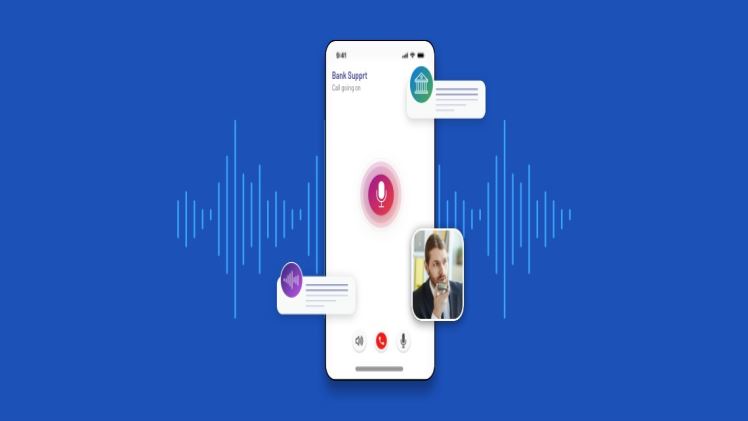
In the era of virtual connectivity, hosting engaging and interactive events has become imperative. Interactive Voice Response (IVR) API emerges as a powerful tool to enhance the virtual event experience, allowing event organizers to engage attendees remotely. The versatility of Interactive Voice Response API facilitates seamless integration into virtual events, allowing for interactive sessions, participant feedback, and dynamic content delivery. This exploration delves into the myriad applications and benefits of leveraging Interactive Voice Response API for virtual events, showcasing how this technology can transform the landscape of remote attendee engagement.
Dynamic Participant Interactions through Voice Responses:
IVR API introduces a dynamic dimension to participant interactions by enabling voice responses. Attendees can actively engage with virtual events by providing verbal feedback, asking questions, or participating in live polls using their phone’s keypad. This real-time interaction creates a more engaging and participatory atmosphere, mimicking the spontaneous engagement found in physical events. IVR’s voice response capability breaks the monotony of traditional webinar formats, allowing for a more natural and interactive exchange between event hosts and participants, ultimately enhancing the overall attendee experience.
Personalized Event Experiences with Customized IVR Scripts:
Personalized interactive voice response (IVR) scripts provide event organizers the ability to personalize the virtual event experience in accordance with the preferences of the audience and the goals of the event. Organizers can deliver unique welcomes, navigational instructions, and information that is particular to the event via the use of intelligent scripting.
As a result of this personalization, an increased feeling of exclusivity and relevance is fostered for participants, which strengthens their connection to the content of the event. Virtual events can overcome the limits of one-size-fits-all techniques by adding interactive voice response (IVR) with customized scripts. This allows virtual events to cater to a wide range of audiences and provide a more meaningful and personalized experience for each participant.
Real-time Audience Feedback and Engagement Analytics:
Interactive Voice Response API for virtual events goes beyond mere participant interaction; it also offers the capability to collect real-time audience feedback and engagement analytics. Attendees can share their opinions through IVR surveys, providing valuable insights into their preferences, satisfaction levels, and overall event experience. The analytics derived from IVR interactions enable organizers to gauge the success of different event segments, identify areas for improvement, and make data-driven decisions for future virtual events. This feedback loop not only enhances the current event but also contributes to continuous improvement in the planning and execution of future virtual engagements.
Seamless Integration with Event Platforms and Tools:
To maximize the impact of Interactive Voice Response API in virtual events, seamless integration with event platforms and tools is essential. IVR can integrate effortlessly with virtual event hosting platforms, streaming services, and other communication tools. This integration ensures a smooth and cohesive experience for both organizers and attendees, eliminating potential technical hurdles. Whether it’s connecting IVR to live streaming platforms for virtual keynotes or integrating with registration systems for participant verification, the versatility of Interactive Voice Response API allows event organizers to create a seamless and immersive virtual event environment.
Enhanced Accessibility and Inclusivity:
Interactive Voice Response API contributes to enhanced accessibility and inclusivity in virtual events by accommodating participants facing challenges with traditional online interfaces. Attendees can engage with events using a simple phone call, eliminating the need for complex digital setups. This inclusivity is particularly beneficial for participants with varying levels of technological proficiency or those facing accessibility challenges. IVR’s phone-based interactions create a more level playing field, ensuring that a broader audience can actively participate in virtual events, fostering a sense of inclusivity and diversity in the remote event landscape.
Conclusion:
In the ever-evolving landscape of virtual events, Interactive Voice Response API integration emerges as a transformative strategy to elevate attendee engagement and interaction. The dynamic nature of voice responses, personalized event experiences, real-time feedback analytics, seamless integration, and enhanced accessibility collectively contribute to a more immersive and impactful virtual event environment.
By leveraging the capabilities of Interactive Voice Response API, event organizers can create memorable experiences that go beyond the limitations of traditional online events, fostering engagement, connectivity, and participation. As virtual events continue to shape the future of remote interactions, the strategic adoption of Interactive Voice Response API stands as a beacon for event organizers seeking to redefine the boundaries of engagement in the digital realm.




